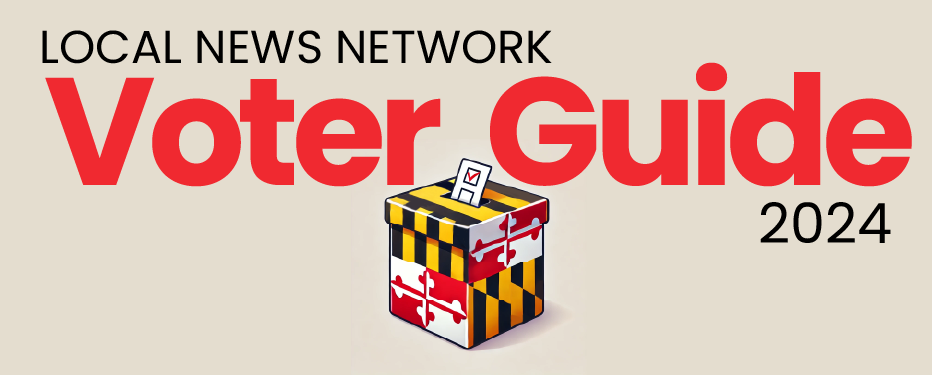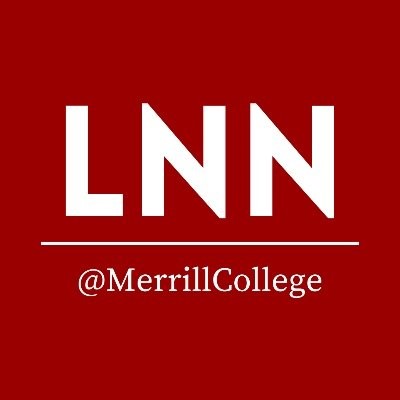Mike Shisler
Running for school board in Calvert County District 1
How old will you be on Election Day (Nov. 5)?
74
Are you currently employed? If so, where, and what is your job title?
Retired.
What is the highest level of education that you completed, and where did you get that degree?
Doctorate from George Mason University in 2000. Focus was curriculum and instruction, with a minor in geography.
Why are you running for the school board?
I am running because I want to continue to serve our kids, staff and community. I believe our school district has made good progress in the past 10-15 years in making sure that our schools provide an equitable education for all of our kids. While we have made progress, we still have much to do to make sure that each of our students is respected, protected and loved.
What makes you a good candidate for the board?
I have over 47.5 years of experience as an educator. I started as a Peace Corps teacher in the Central African Republic. When I returned home, I taught middle school in Baltimore City.
I taught high school English for half a year in Anne Arundel County. I took a career detour and drove for UPS and for Mayflower. I wanted to get back to teaching. I spent 10 years as an elementary school teacher and 33 years as an elementary school administrator, all at Beach Elementary.
My Peace Corps mentor told us to “go home and grow in your own backyard.” Well, the Beach community became my backyard. I learned a lot from the Beach community. I learned over the years at Beach that our kids need to learn to think well, learn to work well with others, and learn the skills needed to become active citizens in our democracy. I believe the ultimate goal of our public schools is to produce active citizens who have a responsibility to each other and to the common good.
What is the most important issue facing your school board and what would you do about it if elected?
I believe that fair and full funding is our most critical issue. That became crystal clear after the drama and contention involved with getting our fiscal year 2025 Board of Education budget adopted and passed. During that marathon, I learned that our county is among the top 20 wealthiest counties in the nation, and among the top five wealthiest in Maryland. Why do we battle every year to fund the needs of our students and our staff? Why do we look at education as a cost, rather than as an investment? We need to move beyond the scarcity mindset and the zero-sum games that are played when we find our schools.
Please name a public leader you admire and explain why.
Robert Reich. Reich was the secretary of labor in the Clinton Administration. He has recently retired from active teaching at University of California, Berkeley. He's an economist, and he continues to teach the rest of us about how our economy and government could and should work for the benefit of all of its citizens. Also, he is an amazing quick-draw artist and cartoonist. I think his messages about equity and fairness apply well to our schools, and society at large.
The Blueprint for Maryland’s Future, passed by the General Assembly in 2021, is a 10-year plan that includes increased education funding to support early childhood education, increased teacher starting pay, college/career-readiness standards for high school graduates, and expanded services to multilingual and impoverished families, among other goals. Please tell us your views on the Blueprint and how it will affect your school district.
The U.S. has a long legacy of 10-year educational reform efforts. Each previous effort died out because the funding did not follow the promises. We are beginning to see that happening again with the recent warnings from Gov. Wes Moore about Maryland's revenue sources. If we continue to see education as a cost rather than as an investment, then folks will just wait for this latest reform to fade away. That would be a great pity. The Blueprint is an opportunity to level the playing field for all kids in Maryland. It is a chance to improve our common good and to step away from the traditional hierarchy with its ladder of the rich and powerful at the top and the poorer hanging on to the lower rungs. I hope we will have the guts to stay the course with the Blueprint.
Some school districts nationwide are placing new limits on the use of cellphones in middle and high schools. What do you think should be the policy on student use of cellphones in your district, and why do you support that policy?
Cellphones are the latest offspring from Pandora's box. Calvert County, like other districts, has adopted new guidelines to restrict the use of cellphones. Secondary students are to keep their phones off and out of sight during the instructional day. This problem did not happen overnight, and it will not be solved overnight. When did a cellphone move from being a "want" to a "need"? Cellphones have moved beyond a distraction to being an addiction — an addiction that brings increased social pressures and the need for constant social validation.
We'll still have much to do to counterbalance the impacts of the screen world. I expect that there'll be some pushback, but I hope the new phone policies will be steps in the right direction.
Are you satisfied with your school district's efforts to ensure the safety of its students? What, if anything, should be done to improve school safety in your district?
We can never be satisfied, because satisfaction leads to complacency. Guns and weapons are a major issue in our society at large. We have strengthened our schools with coded entries, sealed in lobbies, exterior and interior cameras, but... school safety depends on physical safety and mental and emotional safety. Our schools and our society have much to do in all three areas. Let's not kid ourselves that we are safe with more codes and cameras.
Do you think there are circumstances when books should be removed from school libraries? If so, what kind of books should be removed, and who should make those decisions?
I don't agree with book bans. Book bans are a free speech issue, which means it's a free thinking and free reading issue. I trust the school librarians. I trust them to preview their book collections and to provide a wide variety of books that would be age-appropriate for their students. Parents have the right to determine that their child/ren should not read a particular book. But parents do not have the right to make those decisions for other kids or other parents. Book banning is a treacherous slope. Parents need to be ready and step up when their kids ask “Why” or “Why not?” about a certain book.
Some school districts enact policies allowing transgender and gender nonconforming students to use their preferred pronouns while at the same time not informing those students' parents about that decision. What is your opinion of such policies?
I presume students will make those pronoun choices when they are in middle or high school. If that's the district policy, then I think it's the district's duty to tell parents that the policy exists and to urge parents to have discussions with their kids. I believe those family discussions would lead to fewer family surprises.


